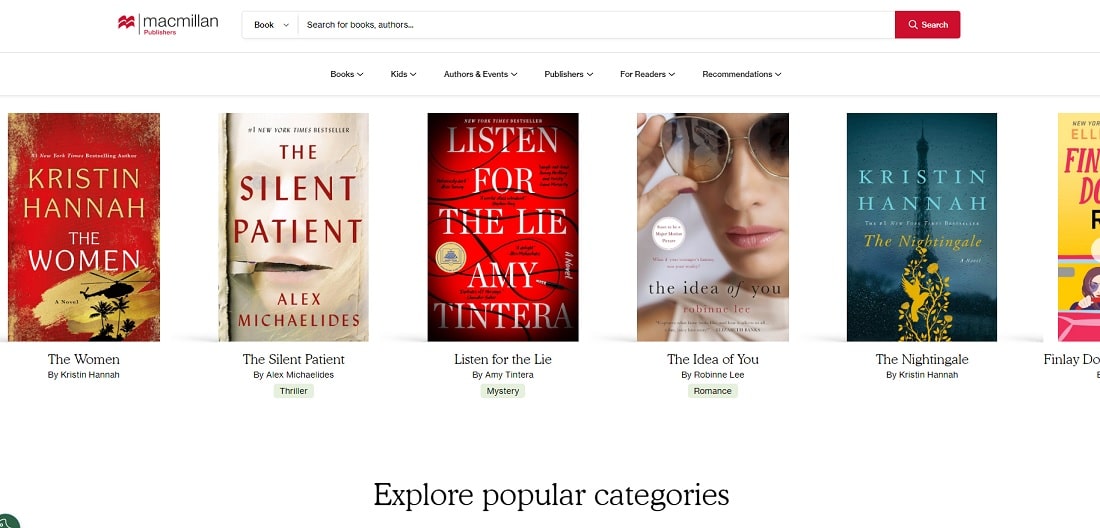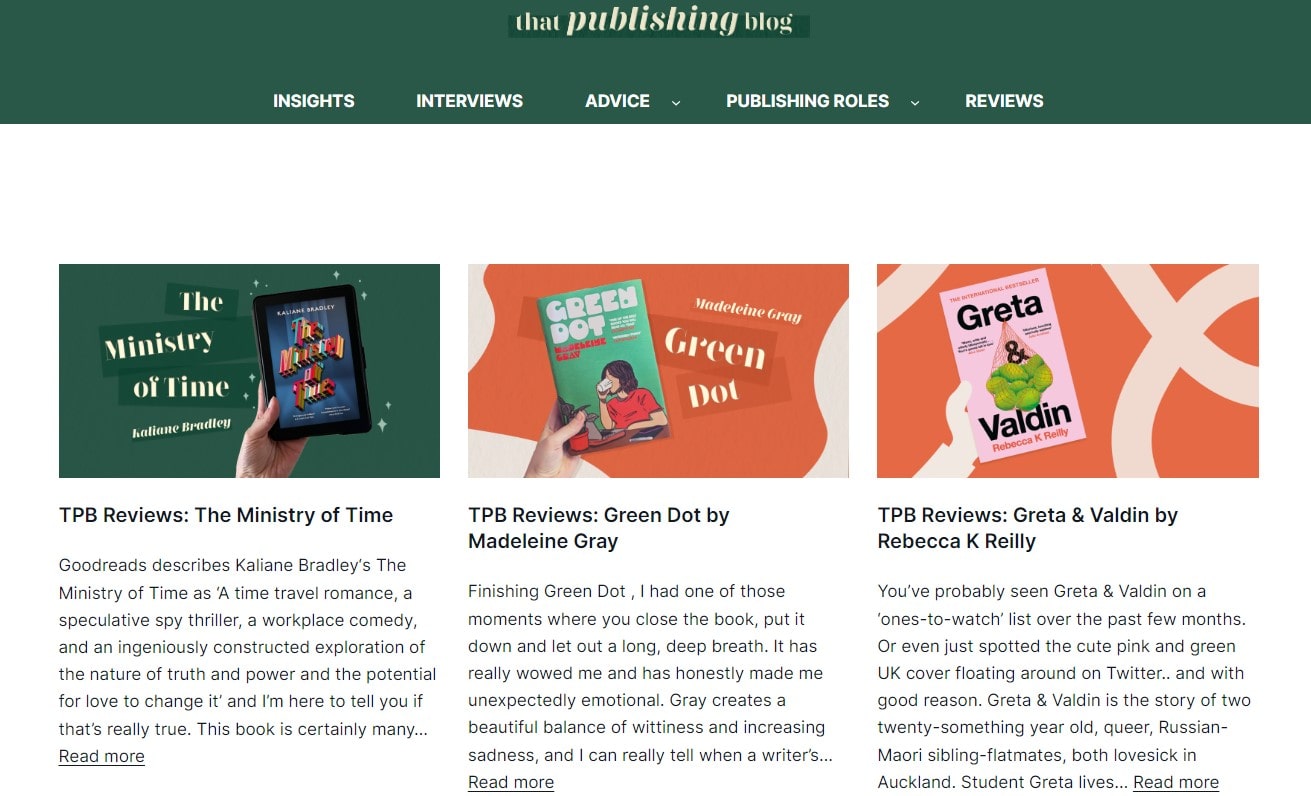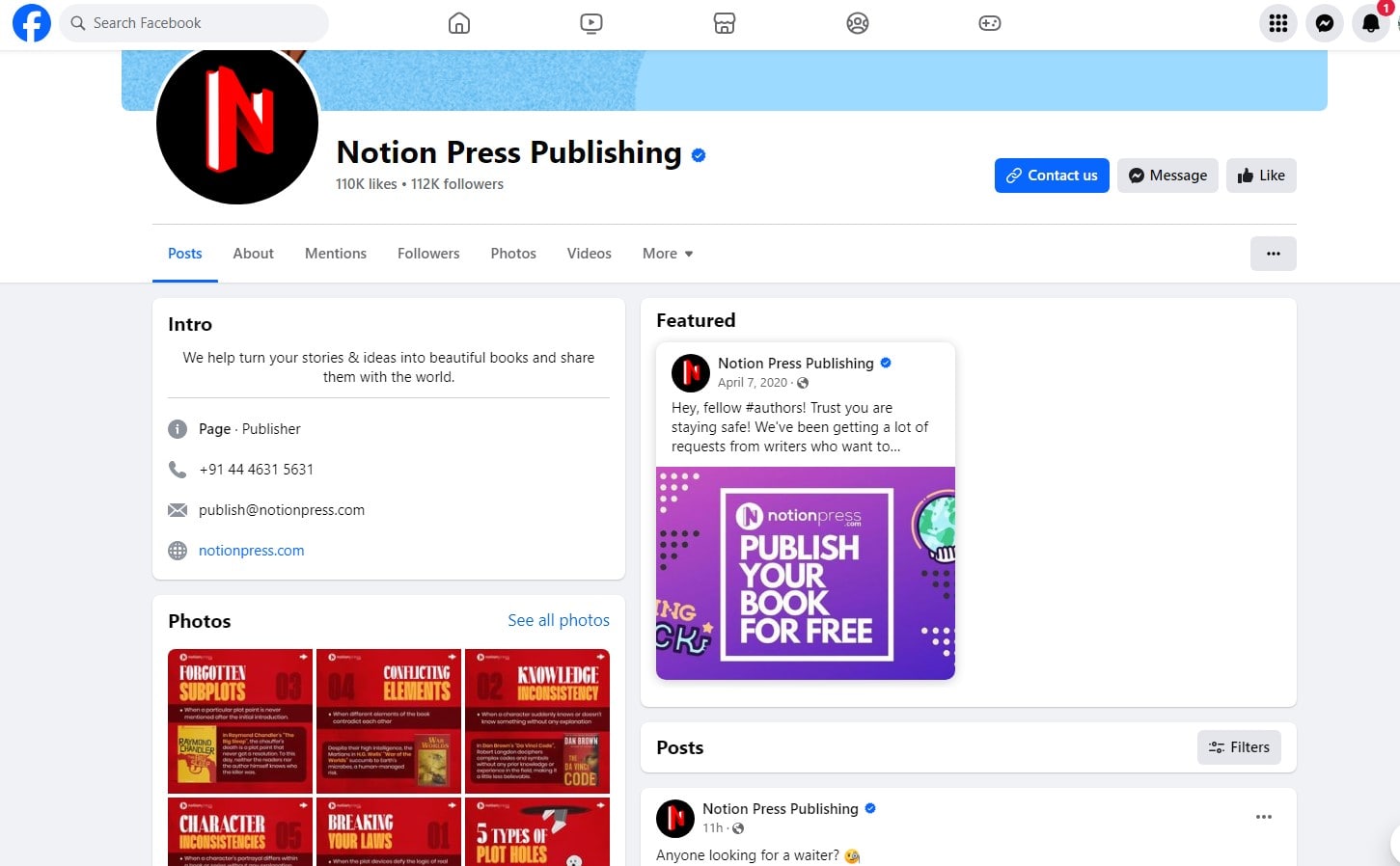Imagine a world where books chase their readers, not vice versa. That’s the magic digital marketing brings to the publishing world. With the swipe of a finger, stories find their audience in the vast digital wilderness. As the publishing industry evolves, staying ahead of the digital curve is not just beneficial; it’s essential. Plerdy’s guide explores digital marketing’s transformational power for publishers. It’s your roadmap to capturing hearts and minds in the digital age, where every click could lead to a new fan. Let’s embark on this journey together, turning pages into clicks.
The Rise of Digital Marketing in Publishing

In the world of publishing, gone are the days when advertisements in newspapers and posters on city walls were enough to attract readers. Thanks to the digital revolution, the internet is used to reach readers worldwide. Digital marketing in publishing is no longer an option; it’s a necessity.
Understanding the Shift
The transition from traditional to digital marketing has been swift and innovative. While traditional methods still hold sentimental value, they can’t compete with the precision and reach of digital campaigns. Platforms such as Amazon and Goodreads, along with social media sites, offer publishers direct access to their target audience, making promoting books and authors easier.
Impact on Sales and Visibility
Digital marketing greatly affects book sales and author visibility. According to an Association of American Publishers report, digital platforms have significantly increased publishers’ revenues over the past years. Targeting specific demographics and tracking marketing campaign performance in real-time improves results, propelling this trend.
Digital marketing in publishing is a major change in book promotion and sales. Embracing digital marketing strategies is essential for publishers looking to thrive in the digital age. The journey from print ads to pixels may seem daunting, but the potential rewards for sales and visibility are immense. Integrating new digital marketing methods will influence publishing’s future.
Key Digital Marketing Strategies for Publishers

In the ever-changing digital age, publishers must stand out in crowded online markets. The key to navigating this complex digital landscape lies in adopting a multifaceted digital marketing strategy that resonates with today’s tech-savvy readers. Here, we expand on essential digital marketing strategies that can serve as a guiding light for publishers seeking to carve out their niche and connect with their audience more effectively.
Building a Strong Online Presence
Successful digital marketing starts with a solid online presence. For publishers, this involves more than just having a website; it requires a site that reflects the publisher’s brand identity and mission while offering a user-friendly experience. A mobile-responsive design ensures that readers accessing your site from various devices have a seamless experience. Integrating social media feeds and a blog can keep content fresh and engage visitors. Prioritizing SEO from the start enables publishers to improve their website’s visibility and searchability, driving organic traffic and increasing discoverability.
Content is King: Blogging and SEO
Content marketing stands at the forefront of digital strategies. This means producing high-quality, engaging content for publishers that captivates their target audience. Regularly updated blogs that offer insights into the publishing process highlight upcoming book releases or feature author interviews can become a magnet for book lovers. SEO plays a crucial role here; by optimizing content with relevant keywords and following Google’s best practices, publishers can climb the SERP rankings, making their site a go-to resource for readers. Diversifying content types, including videos and infographics, can further enrich the user experience and boost engagement.
Email Marketing and Influencer Collaborations in Book Marketing
Email marketing provides a direct avenue for publishing companies to engage with their readers, offering a platform to customize content and forge enduring bonds. By segmenting email lists, publishers can fine-tune their marketing messages to align with their audience’s interests, behaviors, and purchasing histories, enhancing the impact and efficacy of their book marketing efforts. Concurrently, forging collaborations with influencers within the book community can significantly extend a publisher’s marketing reach. Armed with loyal audiences, these influencers can expose a publisher’s books to broader segments, sparking excitement and anticipation for upcoming releases. Choosing influencers whose followers align with the publisher’s target market ensures that marketing endeavors resonate with the intended audience.
Exploiting Social Media for Book Marketing
Social media platforms offer indispensable channels for publishers aiming to connect with their audience instantly. Celebrated for its visual appeal, Instagram serves as an excellent showcase for book covers and offers a peek into the publishing process. With its concise format, Twitter is ideal for making announcements and engaging in book-related dialogues. At the same time, Facebook’s wide demographic reach is perfect for cultivating a community and executing targeted book marketing campaigns. Recognizing the distinct benefits of each platform empowers publishers to devise tailored strategies that boost engagement and nurture a community spirit among book enthusiasts.
By mastering these digital marketing tactics, publishing companies can adeptly navigate the online marketing landscape. Establishing a strong online presence, compelling content, strategic email marketing, influencer partnerships, and proficient social media usage enables publishers to reach and engage with their target book audience effectively. As the digital world advances, book marketing and publishing must remain agile and open to new trends and technology.
Harnessing the Power of Social Media for Book Marketing

In digital marketing, social media is not merely a conduit for personal connections but a formidable force for publishing companies aiming to engage with their book-loving audience directly. With billions of users navigating through their feeds daily, the capacity to amplify book marketing visibility and catalyze sales is monumental. Let’s explore how publishing companies can adeptly wield this power for effective book marketing.
Selecting the Ideal Platforms for Book Marketing
The landscape of social media platforms presents a varied terrain, particularly regarding the marketing of books. With its visually rich content, Instagram emerges as a prime venue for flaunting book covers, conducting author interviews, and sharing behind-the-scenes peeks into the literary world. With its knack for sparking conversations, Twitter shines in promoting book launches and literary happenings. With its extensive demographic appeal, Facebook stands out for its targeted marketing capabilities and the creation of dedicated pages for books or authors. The right platform choice is pivotal and depends on where the target market for books dwells and the type of content that captivates them.
Crafting Engaging Content Strategies for Book Marketing
In the currency of social media, engagement reigns supreme. To ensnare attention, marketing content must be both captivating and genuine. Video teasers for forthcoming titles, live question-and-answer sessions with authors, and reader-generated content, such as book critiques, serve as powerful instruments for engagement. Organizing virtual book clubs or dialogues can further propel significant interaction. It’s essential for publishing companies to generate content that fosters sharing and dialogue, thus naturally elevating visibility in the sphere of book marketing.
Social media bestows publishing companies an unmatched opportunity to connect with readers directly and intimately. The secret to marketing success lies in selecting the apt platforms and devising engaging, authentic content that strikes a chord with the audience. By astutely harnessing social media for book marketing, publishing companies can boost the visibility of books and forge enduring connections with their readership. As we advance through the digital age, the significance of social media in the book marketing and publishing industry is poised to escalate, rendering it an indispensable element in the marketing toolkit of any publishing company.
The Future of Digital Marketing in Publishing

As we stand on the brink of a new era in publishing, it’s clear that digital marketing is not just a trend but the future. The publishing industry and how we reach readers are changing rapidly. Publishing digital marketing will become more personalized, interactive, and data-driven.
Emerging Technologies
The next chapter in digital marketing for publishers is being written with the ink of emerging technologies. Reading interests and behavior are increasingly being understood using AI and machine learning. Virtual Reality (VR) and Augmented Reality (AR) offer new ways to experience books, transforming storytelling into more interactive and engaging. Imagine reading a history book and stepping into the historical world through VR or seeing characters from a novel come to life in your living room through AR.
Personalization and Data Analytics
The future also lies in harnessing the power of data analytics for a more personalized reading experience. By analyzing reader data, publishers can tailor their marketing efforts to match the precise interests of their audience, ensuring that the right book finds its way to the right reader at the right time. Tools like Plerdy can offer insights into user behavior on publishers’ websites, enabling them to optimize their content and improve user engagement.
The future of digital marketing in publishing is both exciting and challenging. Publishers must adapt to changing technologies, understand their audience, and develop inventive and effective marketing methods. As we progress, the publishers who succeed will be fearless in exploring new digital horizons and understand that in the digital age, the reader’s journey from discovery to purchase is as important as the stories themselves. The future is here, and it’s digital.
Creating a Comprehensive Digital Marketing Plan

Publishers must develop a complete digital marketing plan to succeed in the digital age. This strategic blueprint guides you through connecting your published works with the target audience, ensuring your literary treasures find their rightful owners. Here’s a detailed exploration of each step in this journey.
Setting Goals and Identifying Audience
Begin by establishing clear, measurable objectives. What are your primary aims? Is it to boost book sales, increase the visibility of new authors, or expand your newsletter subscribers? Setting specific goals directs your digital marketing efforts and helps evaluate their effectiveness.
Understanding your audience is the cornerstone of your digital marketing plan. Delve into identifying who your readers are, their preferences, and their online habits. Analyze tools like Google Analytics to gain insights into their demographics, interests, and behaviors. This insight helps you customize marketing efforts to match audience preferences.
Implementing and Measuring Success
With a solid understanding of your goals and audience, it’s time to roll out your strategies. This stage involves a diverse mix of tactics tailored to engage your identified audience segments:
- Content Marketing: Develop and distribute relevant content that appeals to your audience’s interests and needs. This could include blog posts, author interviews, and book previews.
- Email Campaigns: Utilize email marketing to directly reach out to your audience with updates, offers, and engaging content that encourages them to take action, such as making a purchase or signing up for events.
- Social Media Engagement: Participate in your audience’s preferred platforms. Use Instagram for visual storytelling, Twitter for quick updates and interactions, and LinkedIn for connecting with professional readers.
- Targeted Advertisements: Expand your reach with paid social media and search engine advertising. Tailor your ads to the demographics and interests of your target audience to maximize impact.
The success of your campaigns must be measured. Track interaction, conversion, and campaign performance using analytics tools. This data is invaluable for understanding what strategies are working and which areas need improvement.
Refining and Adapting
Digital marketing is not a set-and-forget process; it requires ongoing refinement and adaptation. As you gather data from your campaigns, be prepared to adjust your strategies to meet your audience’s needs better and achieve your goals more effectively. Stay abreast of digital marketing trends and be open to experimenting with new tactics.
Сreating a comprehensive digital marketing plan is a dynamic, iterative process that demands a deep understanding of your goals, audience, and the digital ecosystem. You can confidently traverse the digital market and achieve your publishing goals by carefully planning, implementing, measuring, and revising your methods to get your books to interested readers.
Conclusion
This guide concludes, but digital marketing in publishing continues. The landscape evolves, and with it, our strategies must too. The key to success lies in adaptability, understanding your audience, and leveraging the right tools. Speaking of tools, Plerdy offers a suite designed to enhance your digital marketing efforts, making connecting with your readers easier and turning clicks into loyal fans. Hungry for more insights? Dive into other articles on the Plerdy blog, where we unpack the secrets of digital success across various industries. Ready to elevate your digital marketing game? Let Plerdy be your guide.
